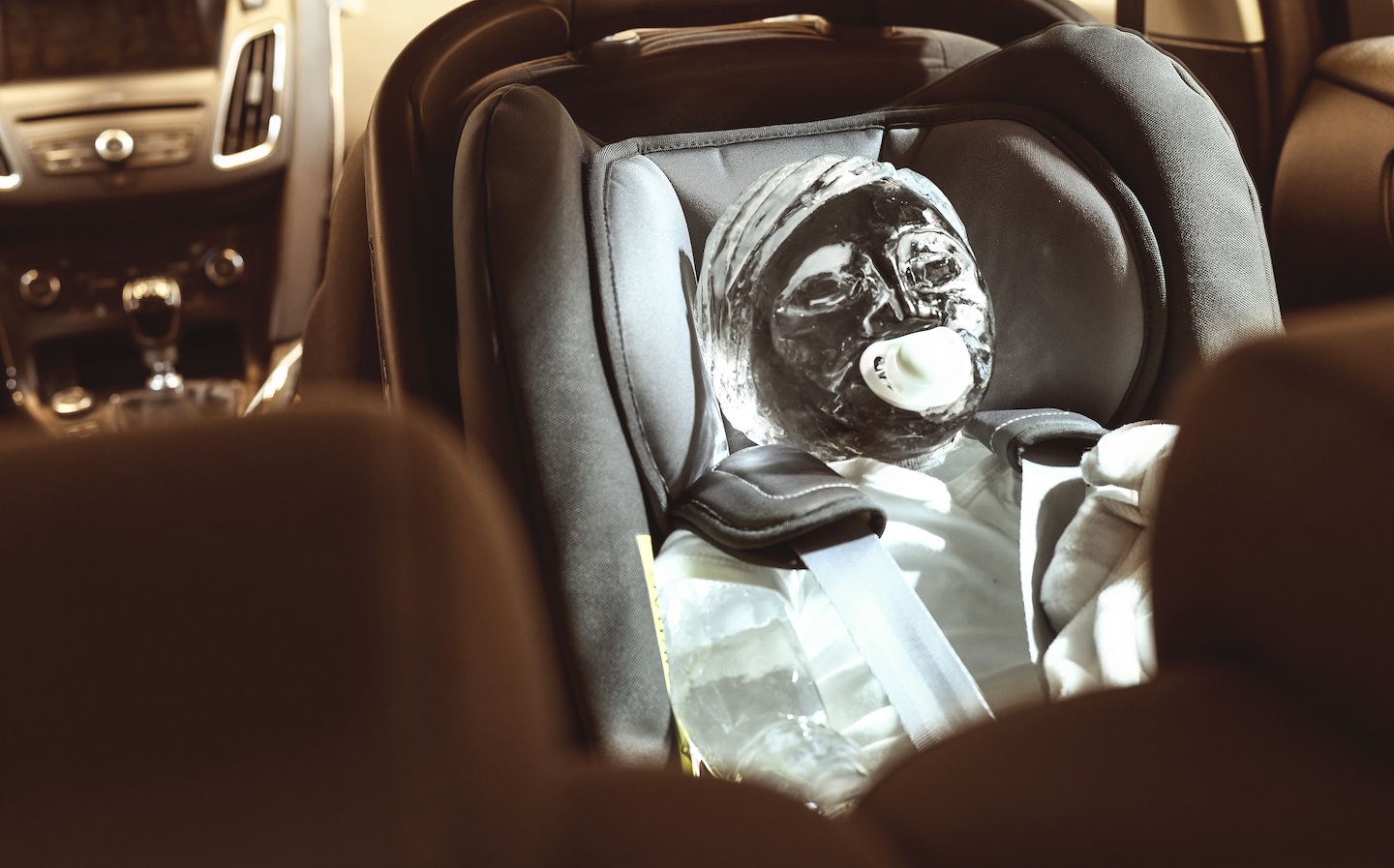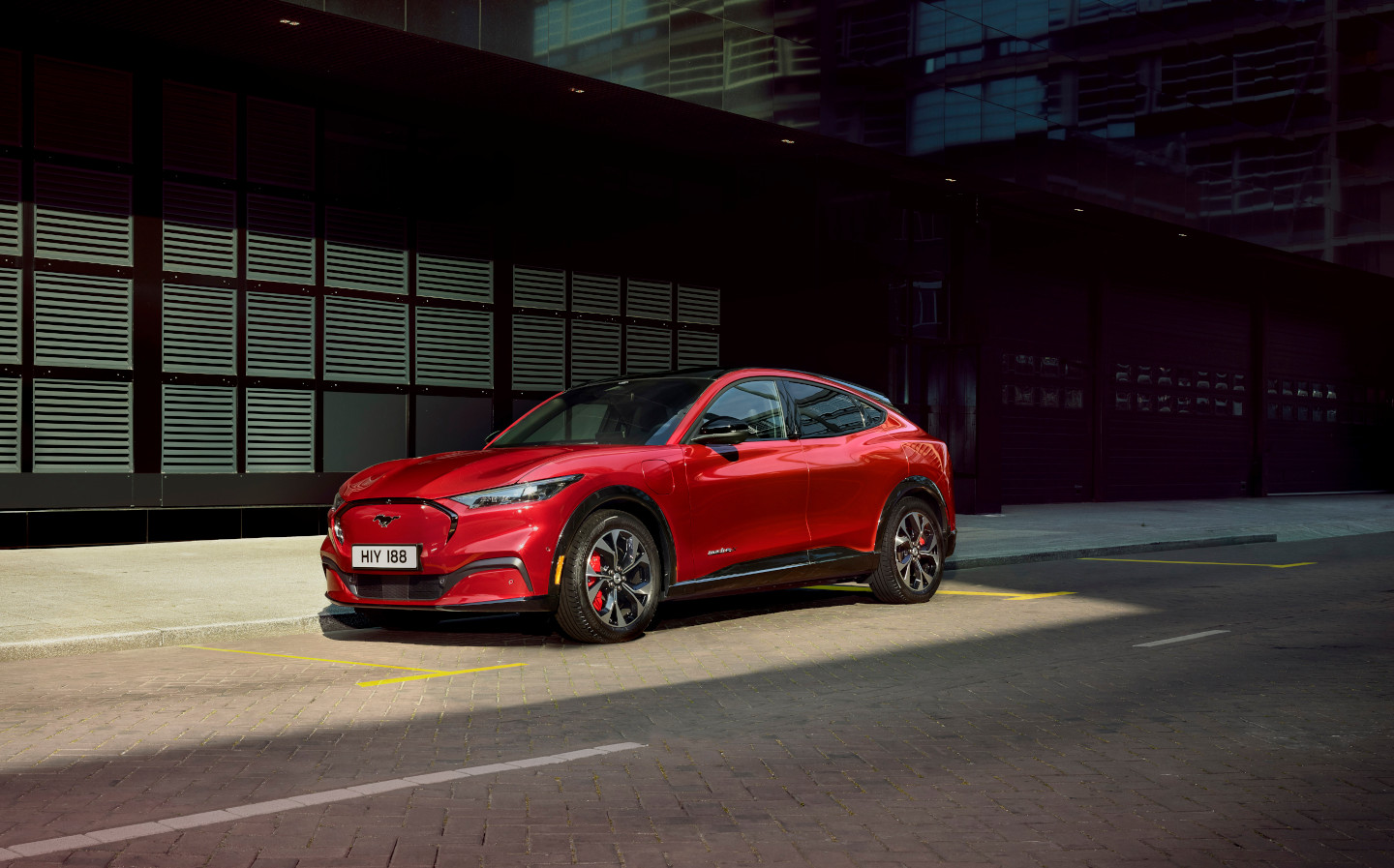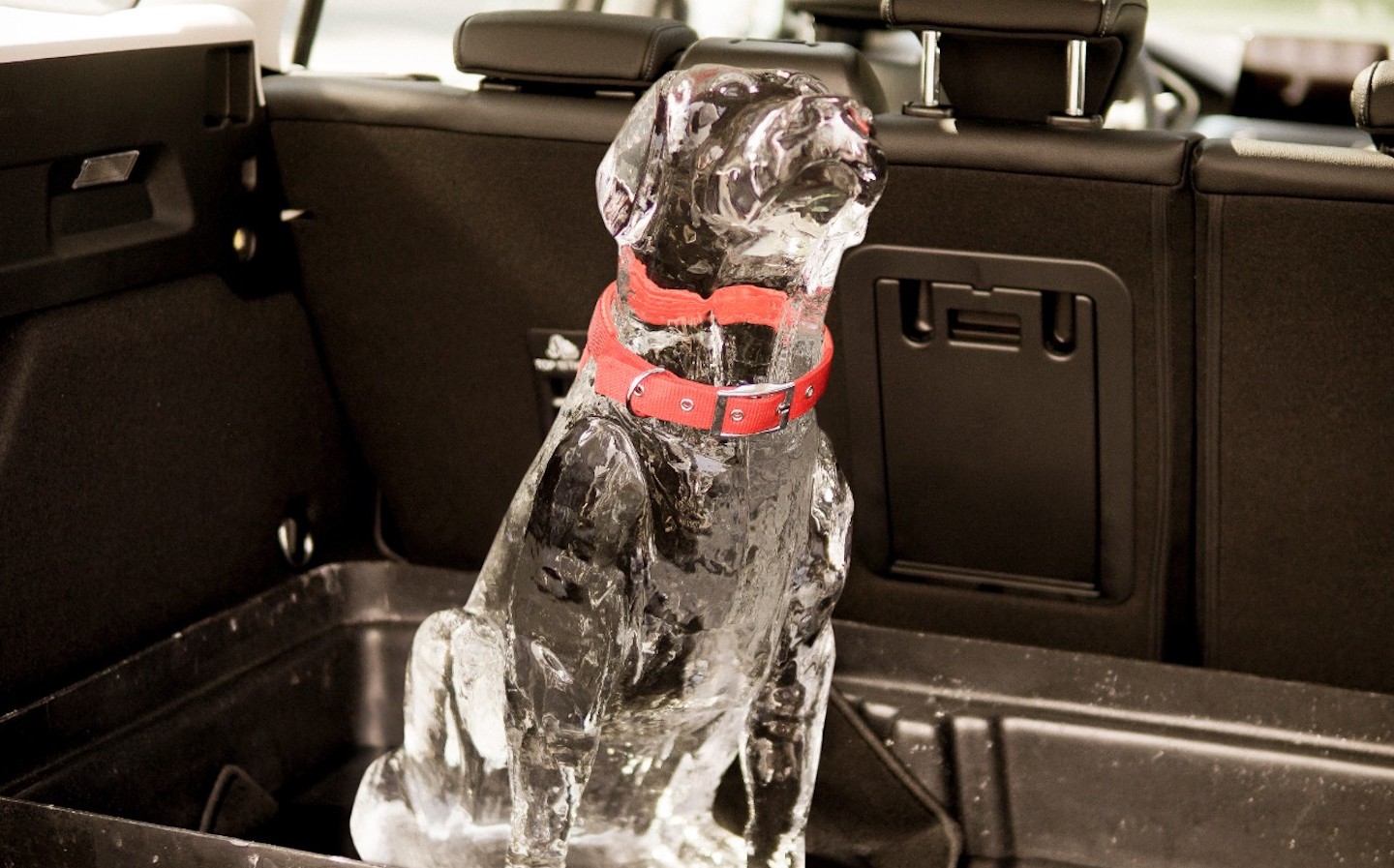Ford joins list of car makers with tech to save pets — and babies — from dying in hot vehicles
Simple reminders can save lives
TO BRITS, the idea that a child could die from being left in a hot car is not only horrifying but also vaguely unbelievable. That’s because, due to heatwaves being rare, such tragedies are almost unheard of, according to the Royal Society for the Prevention of accidents (RoSPA).
But don’t think it’s impossible in the UK and surrounding countries. Just four years ago, across the Irish sea in County Tipperary, a seven-month-old baby died in a parked car on only a mildly warm day because one of her parents had forgotten she was in the back seat when they left the vehicle.
In hotter climates it can happen all too frequently; on average, 39 children each year in the USA die from being left in a car on a hot day.

Such deaths are much more common when it comes to animals. According to the Royal Society for the Prevention of Cruelty to Animals (RSPCA), more than 64,000 cases of pets — mostly dogs — being left in cars on hot days were reported in England and Wales between 2009 and 2018.
It can take as little a six minutes on a sufficiently hot day for a dog’s respiratory system to be fatally overcome. Contrary to belief, cracking open a window does almost nothing to help reduce the temperature inside a hot car.
Obviously, such events are more common in countries where the average temperature is higher than in the UK, but climate change is nudging those temperatures up here too, and one only has to look outside this week to see those effects.
The new technology to prevent deaths in hot cars
Car companies are now starting to include technology that helps to prevent such terrible things from happening. This is not rocket science, it turns out; the systems involve simple audible chime and a reminder on the dashboard to check the back seat when switching off the ignition.
Hyundai and Kia are fast starting to make such equipment standard on their models, while Ford is now starting to include Rear Occupant Alert reminders on all of its models, from the humble Fiesta to the new all-electric Mustang Mach-E.

“We have all seen in the news the terrible consequences that can result from a moment of forgetfulness. Rear Occupant Alert will help drivers to remember what they might think they could never forget – that they might have left a child or a pet on the rear passenger seats,” said Joerg Beyer, executive director of engineering for Ford of Europe.
To help illustrate the issue, Ford commissioned something of a terrifying publicity stunt. It created ice sculptures of both a child and a dog and placed them in a Focus test vehicle at its weather facility in Cologne, Germany.
The exterior temperature was set at 35 degrees Celsius — about as hot as it’s been in the UK this past week — but the car’s interior temperature spiked above 50C in just 19 minutes.
Perhaps unsurprisingly, the ice sculptures inside started melting immediately. Essentially, due to its windows and the exterior heat, the Focus had become a mini greenhouse.
Deaths can be ‘so easily avoided’
Dr Arianna Lopes Vieira, a family doctor based in London, said: “The death of a child is without parallel for its impact on family, friends and the wider community – and in this case can be so easily avoided.
“Children’s temperatures increase three to five times more quickly than adults. Showing how quickly a block of ice can be reduced to a trickle of water really demonstrates the risks that drivers take when they leave a child in a car.”

Laura Morrison, veterinary surgeon with the RSPCA, added: “We’ve seen a huge increase in dog ownership in the last 18 months, and with most holiday trips happening locally this year, many owners could be taking dogs on long journeys for the first time.
“Unfortunately, dogs regulate their temperature by panting – and in an enclosed space this can actually increase humidity levels and make the situation worse.”
- After reading about how Ford has joined the list of car makers with tech to save pets and babies from dying in hot vehicles, take a look at 12 things drivers should not leave in a hot car
- Read how some road surfaces in the UK are starting to melt in the high temperatures
- And take a look at the safest used family cars under £15,000, according to experts




